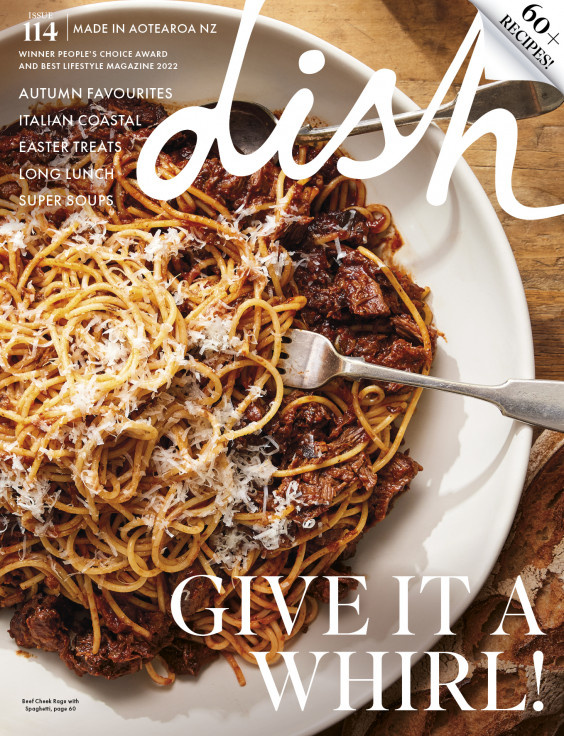9 Ways to Spend Less On Produce
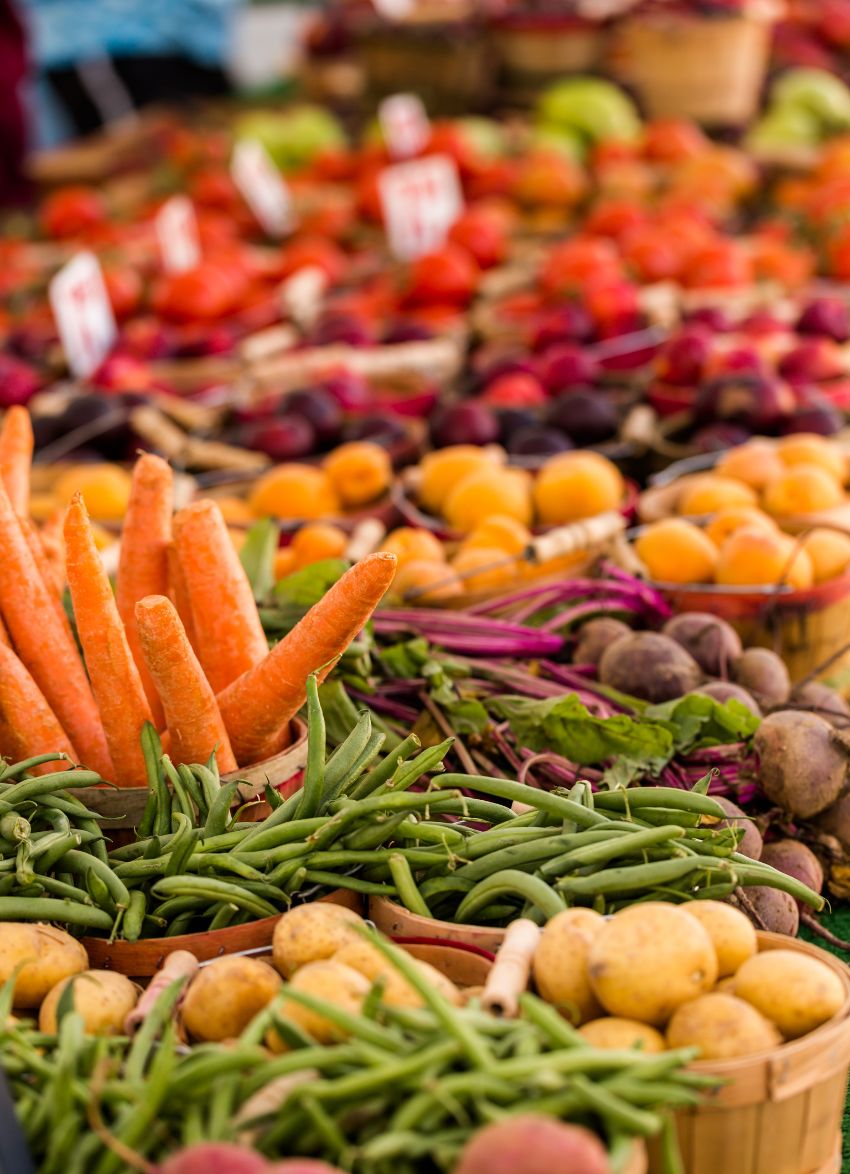
A little bit of planning can make all the difference when it comes to navigating fluctuating produce prices. Follow these simple tips to get the best produce at the lowest cost, and you’ll be whipping up affordable, delicious dishes in no time.
Opt for Seasonal, Local Fruits and Vegetables
It’s something of a no-brainer – seasonal fruits and vegetables are cheapest when in season, but thanks to Mother Nature, they’re also at their best taste-wise. When buying local the produce hasn’t had to travel far so will be on the shelf, or at the market, in optimal condition. To find out what’s in season in the southern hemisphere head to https://www.produce.co.nz/seasonality-chart/ and save the link, so you can refer back to it for future meal planning and shopping list preparation.
Don't Discount Frozen Produce and Tinned Goods
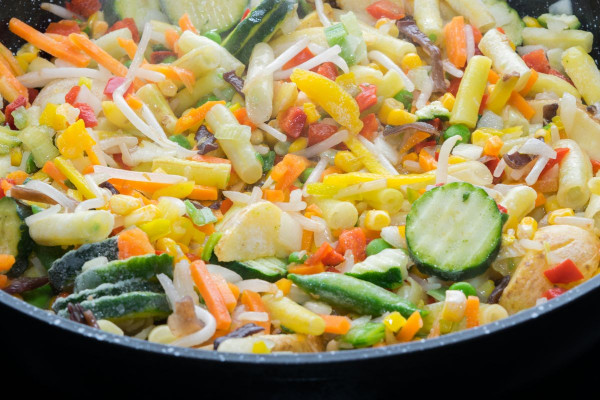
When your favourite fruits and vegetables are out of season, check out the frozen aisle rather than paying for imported goods. Frozen produce retains nutritional value and can be a great, cost-effective substitute for fresh options in recipes. Canned goods with a long shelf life provide another reliable backup for your kitchen.
Master the Art of Storage
We know it’s easy to come home from the supermarket and toss your produce in the vege bins of the fridge, but with the current stats showing that a third of Kiwi’s food waste comes from vegetables, it pays to learn how to properly store your produce, and significantly extend their shelf life.
Here’s how to store some common produce:
- Apples – Unless you’re eating them in a few days, they should go to the crisper drawer in your fridge. Don’t put them next to your potatoes as it’ll make your potatoes sprout faster.
- Avocados – You can leave them on the counter to ripen but if you want to speed up the ripening process, store them in a paper bag. If you want to slow down the ripening process, put them in the fridge.
- Bananas – Wrap the stems in plastic wrap to delay over-ripening.
- Broccoli – Loosely wrap your broccoli in damp paper towels and refrigerate. This can keep for up to four days.
- Berries – Give them an apple-cider vinegar bath to remove pesticides, then store them on paper towels to absorb moisture.
- Carrots – Place unpeeled carrots in a sealed plastic bag in the fridge’s crisper drawer for up to two weeks.
- Leafy greens – Wash and dry them, then wrap them in paper towels and store it in the fridge.
- Onions – Keep them in a cool, dark, well-ventilated and dry place.
- Potatoes – Keep them in a cool, dark, well-ventilated and dry place too, but away from your onions.
- Tomatoes – They’re fine on the counter but put overripe ones in the fridge to keep them from rotting. Bring them back to room temperature before eating.
Choose Versatile Vegetables
Ideally, it pays to buy vegetables that can be used in more than one dish to reduce any potential food-waste. Potatoes, carrots, broccoli, and other adaptable options can be incorporated into a variety of classic recipes.
Create a Weekly Menu
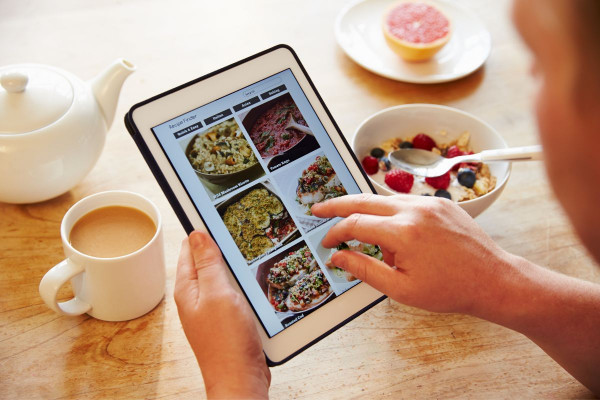
Create a weekly menu before heading out shopping to avoid impulse purchases and minimise that food waste. Once you have a weeks’ worth of produce, be sure to use quickly ripening items early in the week and save longer-lasting produce for later meals. Head to the dish recipe page on the website here to find hundreds of recipes for menu planning!
Grow Your Own Produce
Get that vege garden going! Whether it’s starting off on the windowsill, or investing in a full outdoor vege patch, it’s an excellent way to cut down your produce bill while taking some time to connect with nature – and it can be incredibly satisfying. Beginner-friendly crops and herbs are a great starting point.
Repurpose Overripe Product
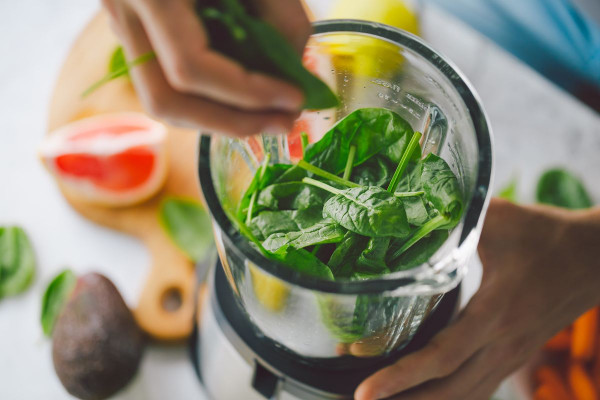
Don't discard overripe fruits and vegetables; instead, get creative! Use brown bananas for banana bread, overripe tomatoes for pasta sauce, or turn excess vegetables into fritters, hearty stews or crunchy veggie chips – there’s usually something more you can do.
Freeze
Even the best laid plans can change. If you can see you’re not going to be able to eat veges before they go really soft, chop them and put in Ziploc bags in the freezer. Your future busy self will thank you!
Compare Individual and Pre-packaged Costs
There’s not a consistent answer as to which option is more cost effective so next time you’re in the supermarket, have a look at whether buying produce individually, by weight, or in pre-packaged form offers the best value! Sometimes, pre-packaged items can provide more value for the same price, however on the flipside, you might not need as many items of produce so instead, it may be worth buying them individually or by weight.
Be on the Lookout for Weekly Deals
Most supermarkets have weekly deals on produce and tend to promote them on their websites, so before you hit the shops, take a quick look so you can plan ahead.
latest issue:
Issue #114
Autumn has arrived, and with it, the latest issue of dish, jam-packed with recipes that will have you fizzing to get in the kitchen! With a long Easter lunch featuring perfectly pink, blushing roast leg of lamb and wildly decadent baked mashed potatoes with caramelised onions, to simply scrumptious chocolate treats and sensational seasonal baking this issue has you covered - we reckon the Hot Cross Buns are our best yet! Salads make way for soothing soups, pies, puddings and our cover star beef cheek ragù with spaghetti – a must-make dinner for family and friends. With over 60 recipes in our latest issue there’s plenty of inspiration to keep you busy – and well-fed! Don’t forget to share your dish dishes with our Facebook community.

